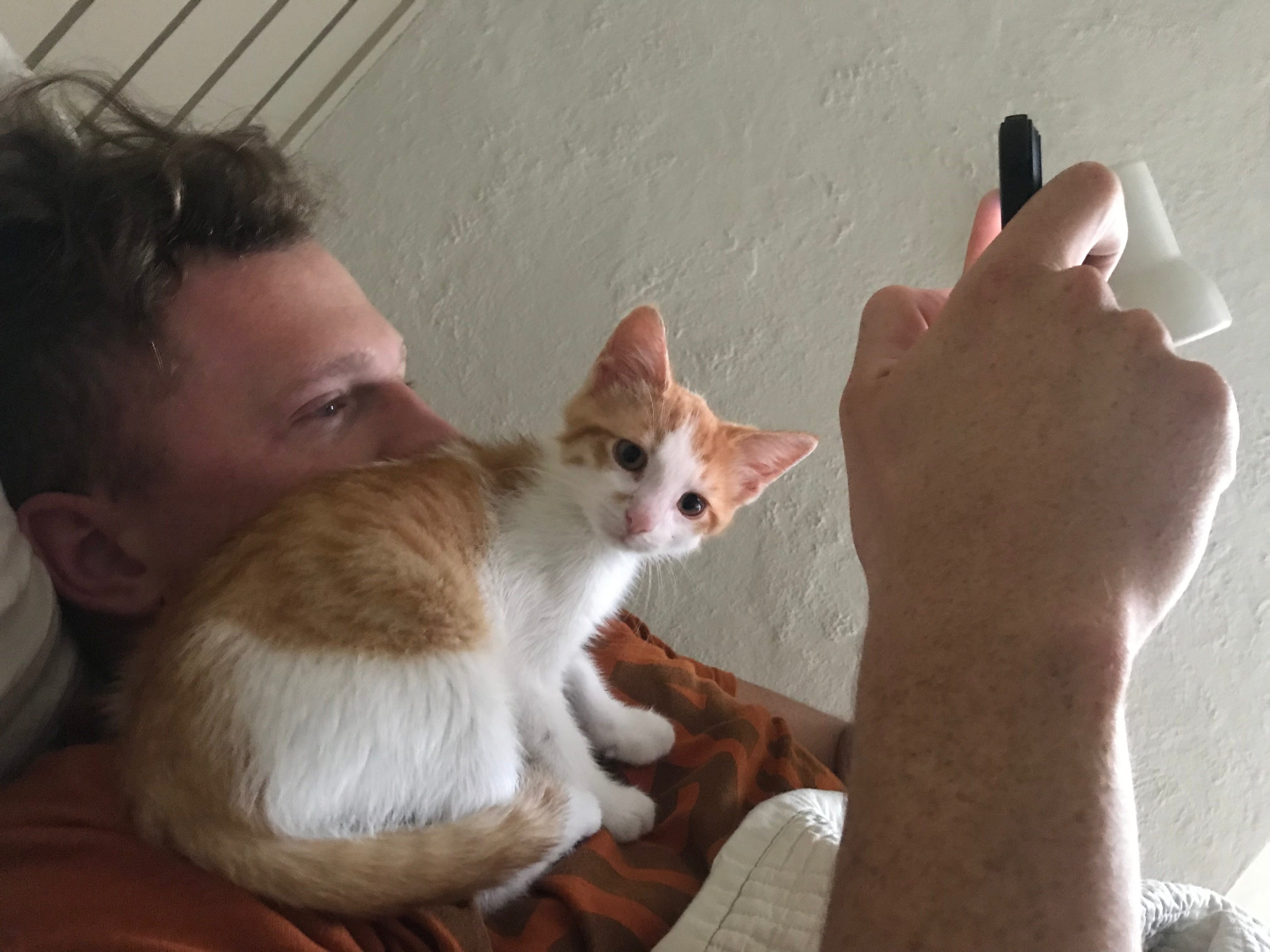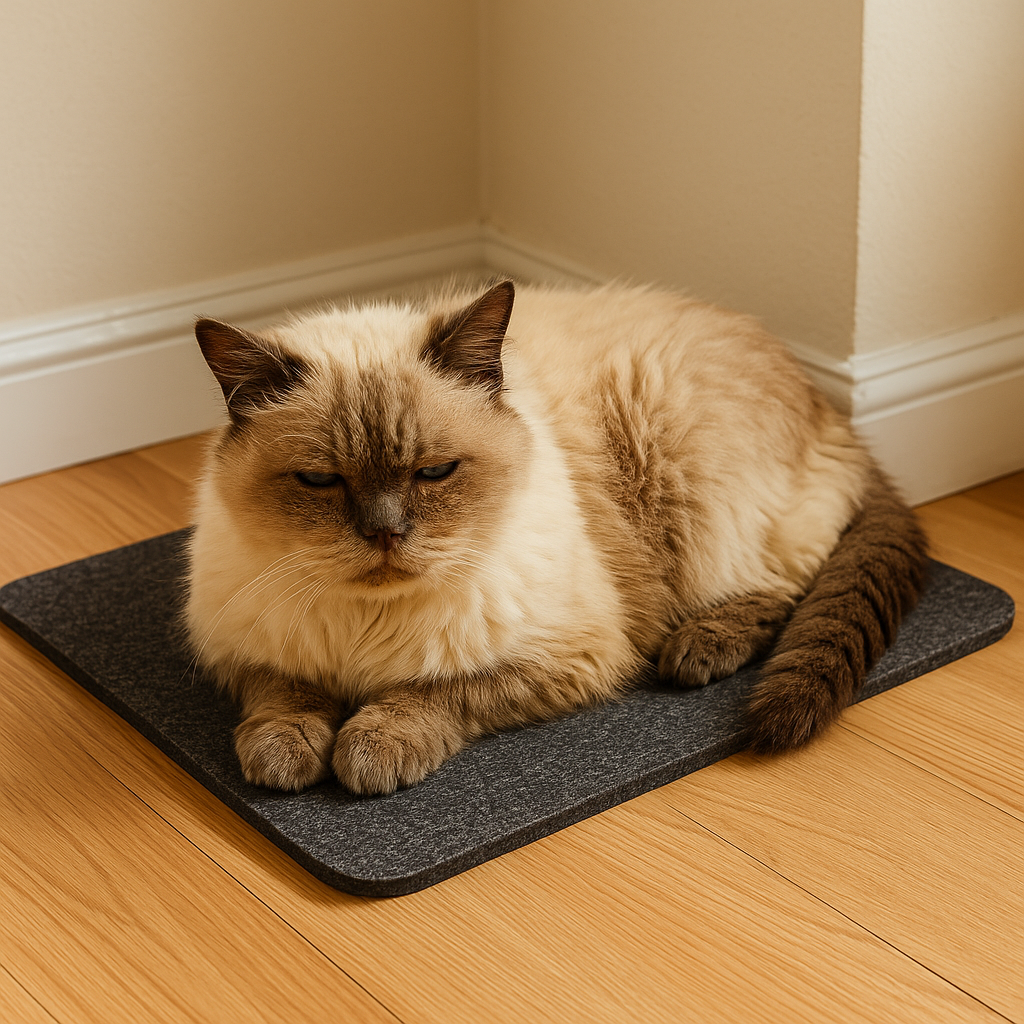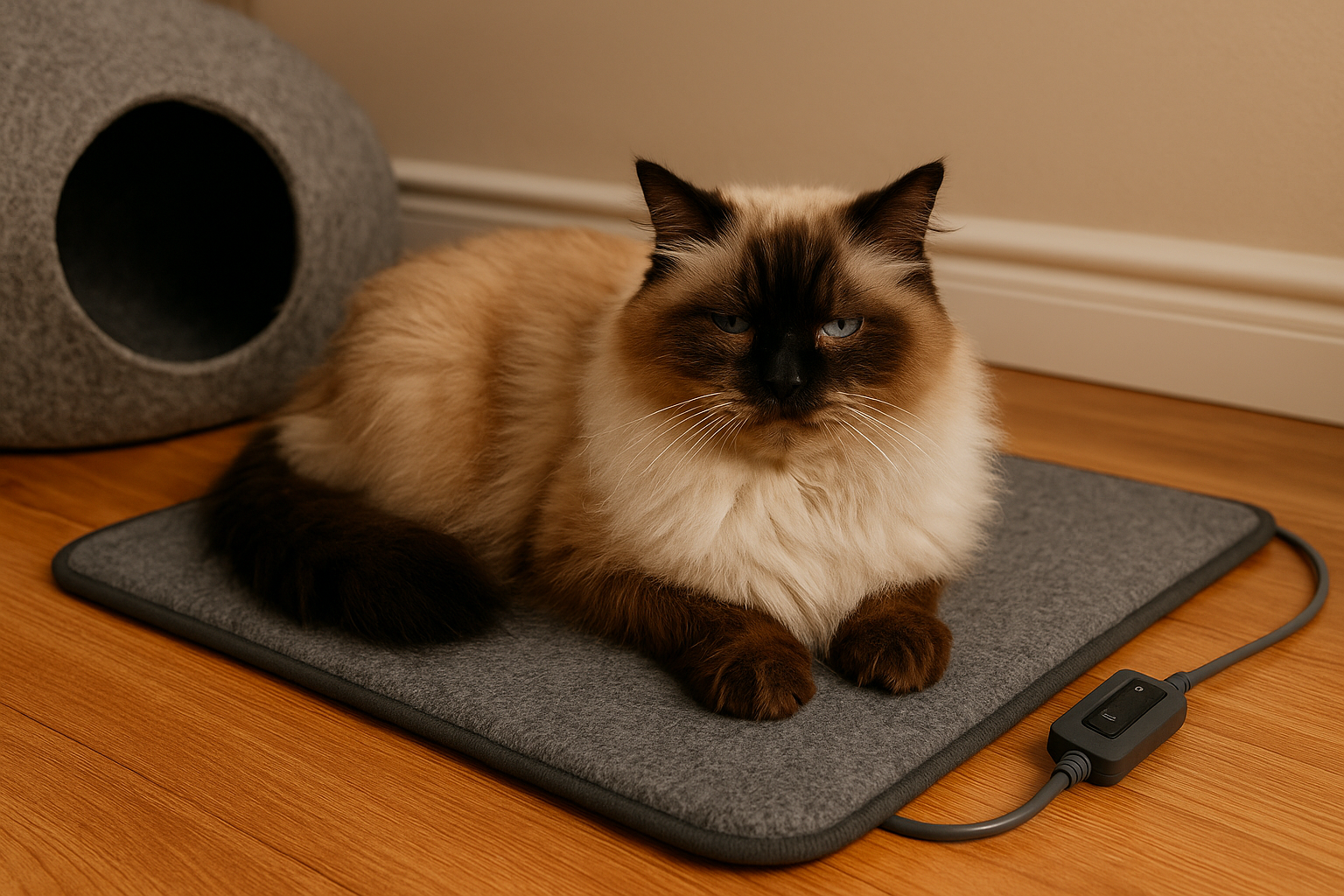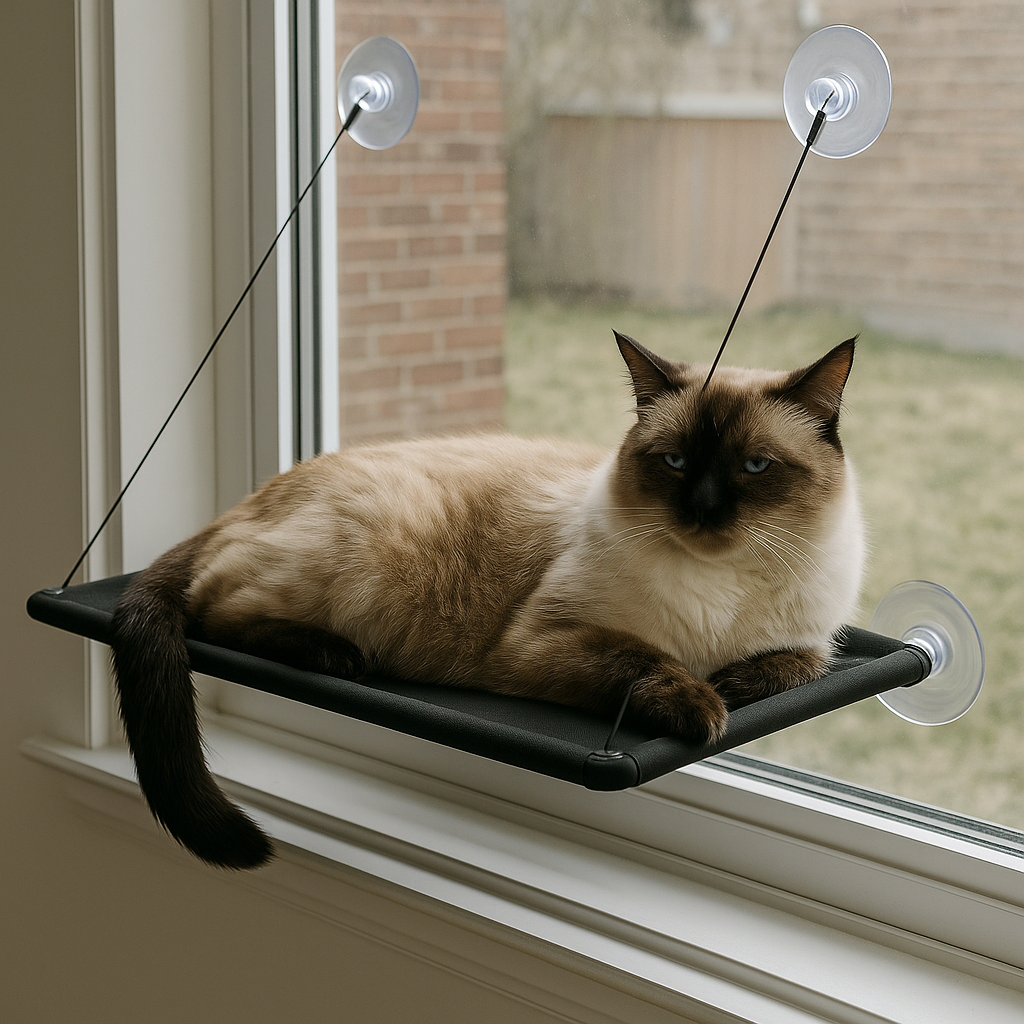Vet Approved 2025 Guide: Manage Cat Shedding for a Fur Free Home 🧹
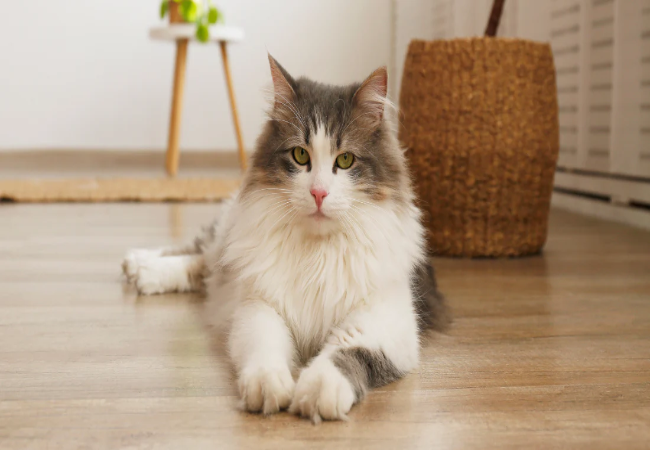
In this article
Vet Approved 2025 Guide: Manage Cat Shedding for a Fur Free Home 🧹
By Dr. Duncan Houston BVSc
Every cat owner knows the struggle of cat hair shedding — it’s inevitable when sharing your home with a feline friend. While shedding is a normal part of your cat’s life cycle, it can sometimes feel overwhelming. With the right strategies, however, you can manage shedding effectively, improve your cat’s coat health, and maintain a cleaner home.
🌿 Understanding the Cat Hair Shedding Cycle
Shedding is influenced by your cat’s breed, age, and environment. Most cats experience two major shedding seasons — spring and fall — but indoor cats with controlled temperatures and artificial lighting may shed year-round.
-
Long-haired breeds like Persians or Maine Coons may shed more visibly.
-
Short-haired breeds may shed less but still contribute to household fur.
Understanding your cat’s shedding patterns helps you plan grooming and cleaning routines effectively.
🪮 Invest in High-Quality Grooming Tools
Regular grooming is the key to managing excess hair. Using the right tools removes loose hair before it falls around your home.
Recommended tools:
-
Slicker brushes – Ideal for long or medium coats to remove tangles and loose fur.
-
Deshedding tools (Furminator) – Reduces undercoat shedding significantly.
-
Grooming gloves – Gentle on cats who dislike traditional brushes.
Tip: Grooming redistributes natural oils, keeping your cat’s coat shiny and healthy.
🥗 Nutrition & Shedding
A healthy diet is essential for minimizing hair loss:
-
Foods rich in Omega-3 and Omega-6 fatty acids support healthy skin and coat.
-
Hairball remedies approved by your vet can reduce shedding-related hairball formation.
Proper nutrition ensures your cat’s coat stays soft, strong, and less prone to excessive shedding.
🛋️ Cat-Friendly Furniture Covers & Throws
Protect your furniture and keep your home cleaner by:
-
Using machine-washable furniture covers where your cat lounges.
-
Designating throws or blankets for favorite resting spots to catch loose hairs.
These measures reduce fur buildup and make cleaning faster and easier.
🧹 Cleaning Strategies for a Fur-Free Home
Even with grooming, some hair will fall around your home. Maintain cleanliness by:
-
Using a vacuum cleaner designed for pet hair on carpets, rugs, and furniture.
-
Employing lint rollers or silicone brushes for quick cleanups on clothing or small areas.
-
Considering regular sweeping or dusting to prevent hair accumulation.
🌬️ Using Air Purifiers
Air purifiers reduce allergens, dander, and airborne cat hair, which is especially helpful for households with mild allergies. Look for units with HEPA filters for maximum effectiveness.
🩺 Consult Your Veterinarian
While shedding is normal, excessive or sudden hair loss may indicate underlying health problems, including:
-
Skin allergies or infections
-
Parasites like fleas or mites
-
Hormonal imbalances
If you notice unusual shedding patterns, consult your vet promptly. Early detection can prevent further complications and keep your cat healthy.
💬 From the Vet
“Managing cat hair shedding is about combining proper grooming, nutrition, and environmental care. Regular attention keeps both your cat’s coat healthy and your home cleaner.” – Dr. Duncan Houston BVSc
🧸 Final Thoughts
Cat hair shedding may be inevitable, but it doesn’t have to take over your life. With consistent grooming, a balanced diet, protective furniture strategies, and regular cleaning, you can maintain a fur-free home while supporting your cat’s health and comfort. After all, a little fur is a small price to pay for the joy of having a feline companion.




